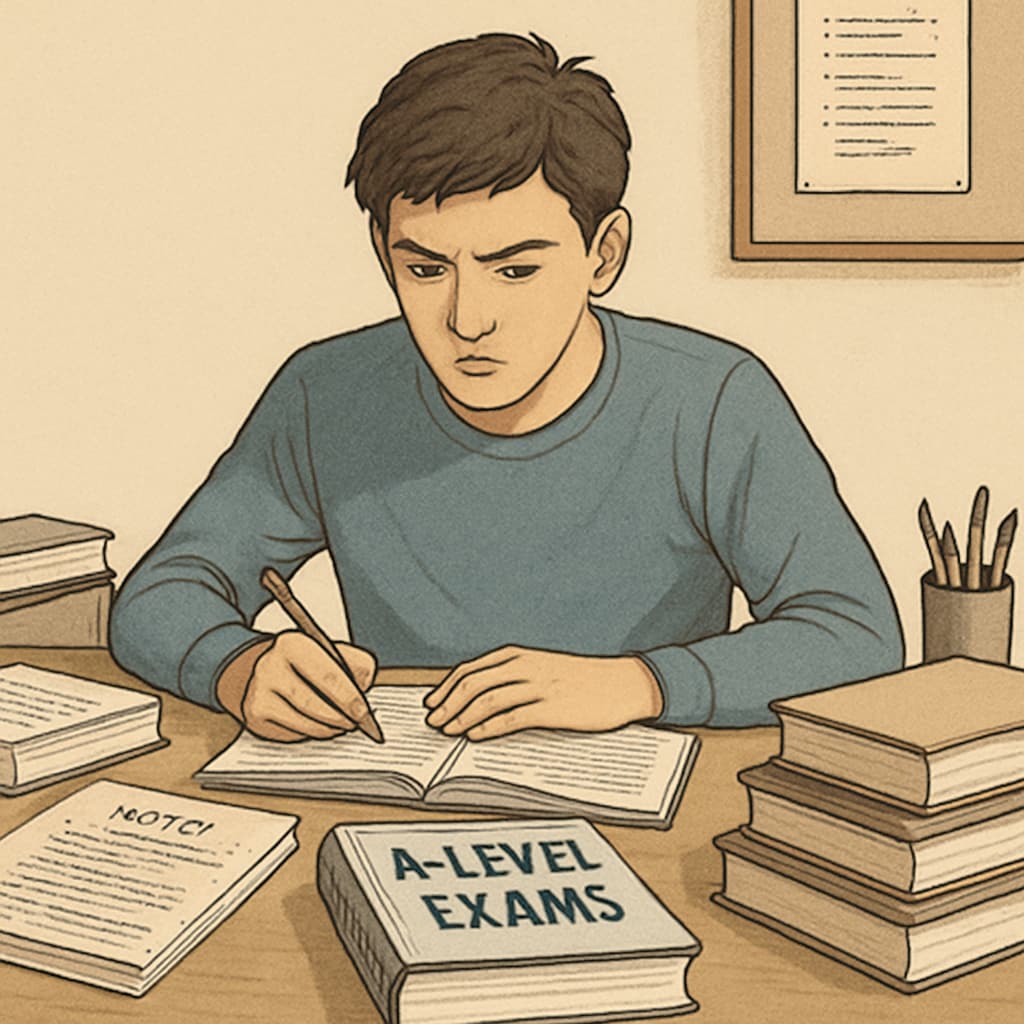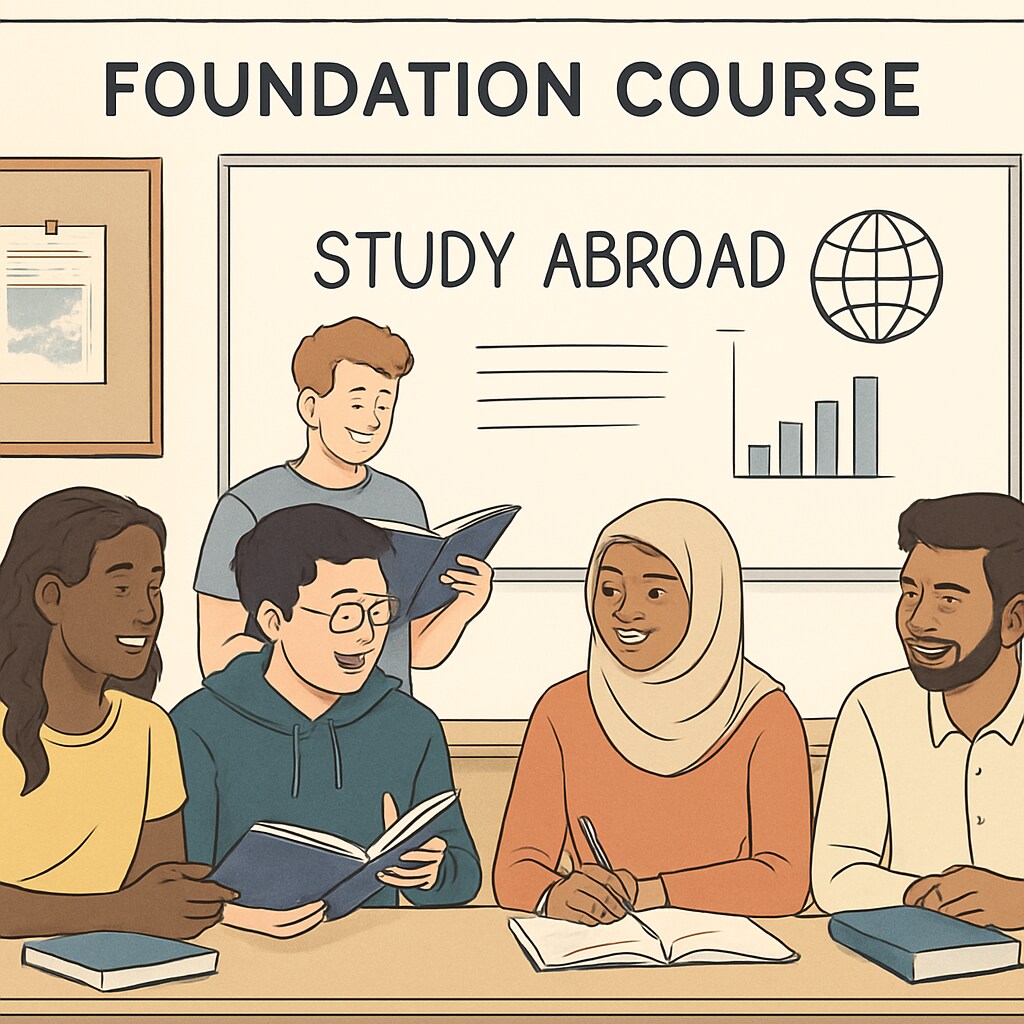Experiencing failure in A-Level exams can feel like the end of the road for many students. However, it is also an opportunity to reassess and explore alternative educational pathways. Whether through retaking the exams, attending a lower-ranked domestic university, or enrolling in a foundation course abroad, students have several options to consider. This article delves into the pros and cons of these three paths, providing a comprehensive guide to help students make informed decisions about their education and future.
Retaking A-Level Exams: A Second Chance
For students who believe they can significantly improve their results, retaking A-Level exams can be a viable option. This choice allows students to aim for admission to their originally desired universities. However, the decision to retake should be made after careful consideration of the following points:
- Time Commitment: Retaking exams requires an additional year of study, which may lead to delays in entering higher education.
- Stress and Pressure: Students must evaluate whether they can handle the mental and emotional challenges of preparing for exams again.
- Improvement Potential: If students believe they can identify and address their weaknesses effectively, retaking can be worthwhile.
Ultimately, retaking exams is a chance to demonstrate resilience and determination, but it is not the only path.

Enrolling in a Lower-Ranked University: A Pragmatic Approach
Another option is to accept an offer from a lower-ranked domestic university. While this might not align with a student’s initial aspirations, it has its merits:
- Faster Progression: Students can immediately begin their higher education journey without losing a year.
- Cost-Effectiveness: Domestic universities often have lower tuition fees compared to international options.
- Flexible Opportunities: Many universities offer pathways to transfer to higher-ranked institutions after the first year.
However, students should research the university’s programs, facilities, and graduate outcomes to ensure it aligns with their career goals. Rankings are not the sole determinant of a university’s value.
Pursuing a Foundation Course Abroad: A Gateway to Opportunity
For students interested in studying overseas, enrolling in a foundation course can be an excellent alternative. Foundation courses are preparatory programs designed to bridge the gap between a student’s current qualifications and the entry requirements of international universities. Key advantages include:
- Global Exposure: Studying abroad allows students to experience diverse cultures and build a global network.
- Specialized Preparation: Foundation courses often focus on academic and language skills needed for success in specific fields.
- Pathway to Prestigious Universities: Many foundation programs are directly linked to top-ranked institutions.
However, the cost of international education and living expenses can be a significant drawback. Students should also consider whether they are ready for the challenges of adapting to a new environment.

Making the Right Choice: Factors to Consider
Deciding between retakes, domestic universities, or foundation courses abroad depends on individual goals, resources, and circumstances. Here are some factors to guide the decision-making process:
- Career Aspirations: Consider how each option aligns with your long-term goals.
- Financial Resources: Evaluate the affordability of each path, including tuition, living costs, and potential earnings.
- Personal Readiness: Reflect on your preparedness to handle the academic, emotional, and logistical demands of each choice.
In addition, seeking advice from academic counselors, family, and alumni can provide valuable insights. Resources like Wikipedia on preparatory courses and Britannica on higher education offer further information for research.
Conclusion: Turning Setbacks into Opportunities
While failing A-Level exams may seem like a significant setback, it is also an opportunity to explore alternative paths and redefine success. Whether through retaking exams, attending a different university, or pursuing a foundation course abroad, students can find a route that aligns with their aspirations and circumstances. The key is to remain resilient, adaptable, and proactive in navigating these choices. By turning challenges into opportunities, students can chart a fulfilling and successful academic and career journey.
Readability guidance: This article uses short paragraphs, bulleted lists, and clear transitions for easy reading. Careful attention has been paid to sentence length, active voice, and logical flow to maintain high readability.


